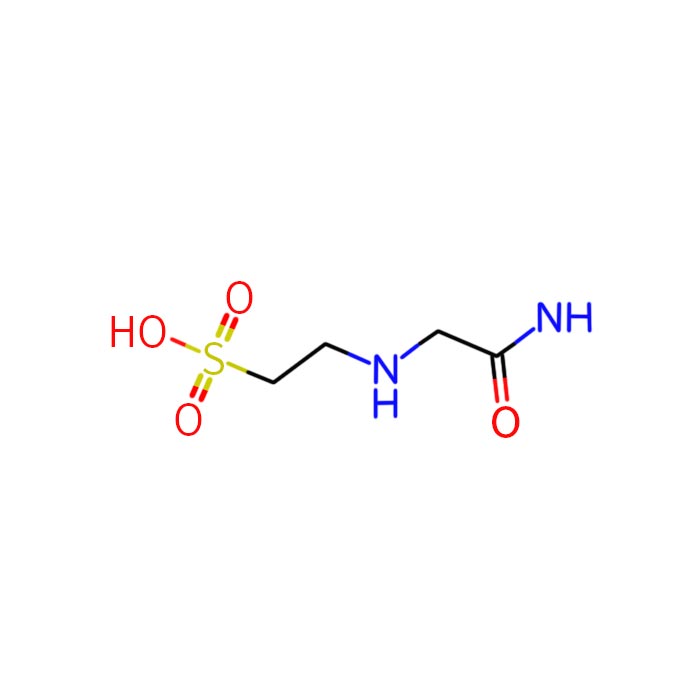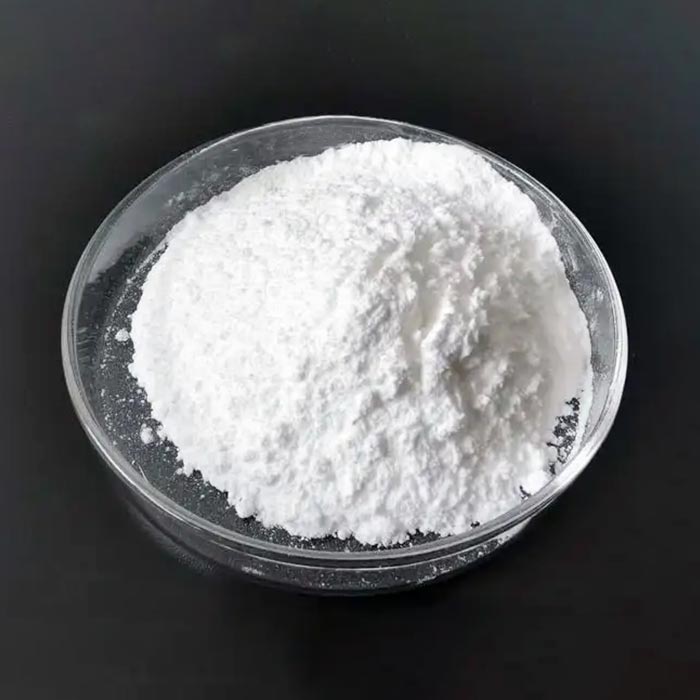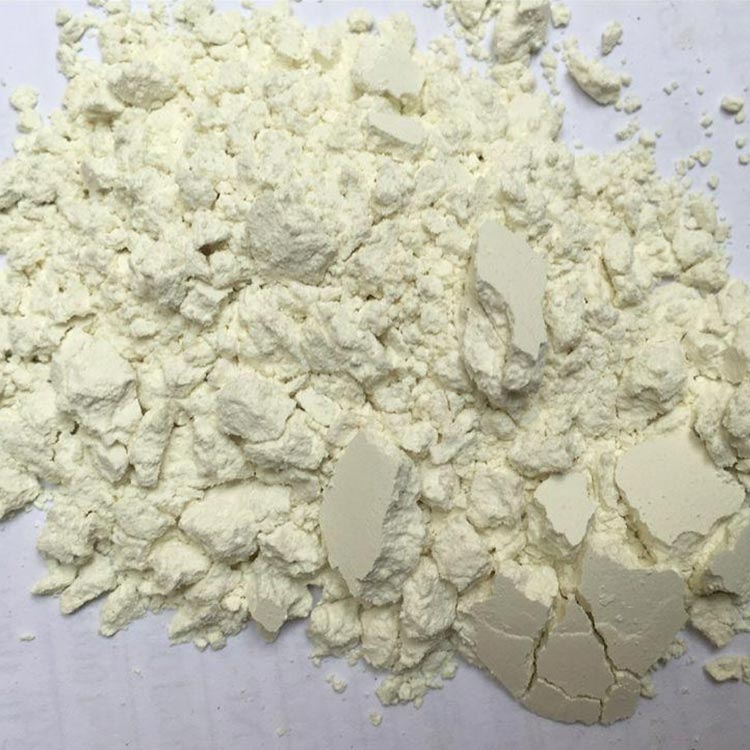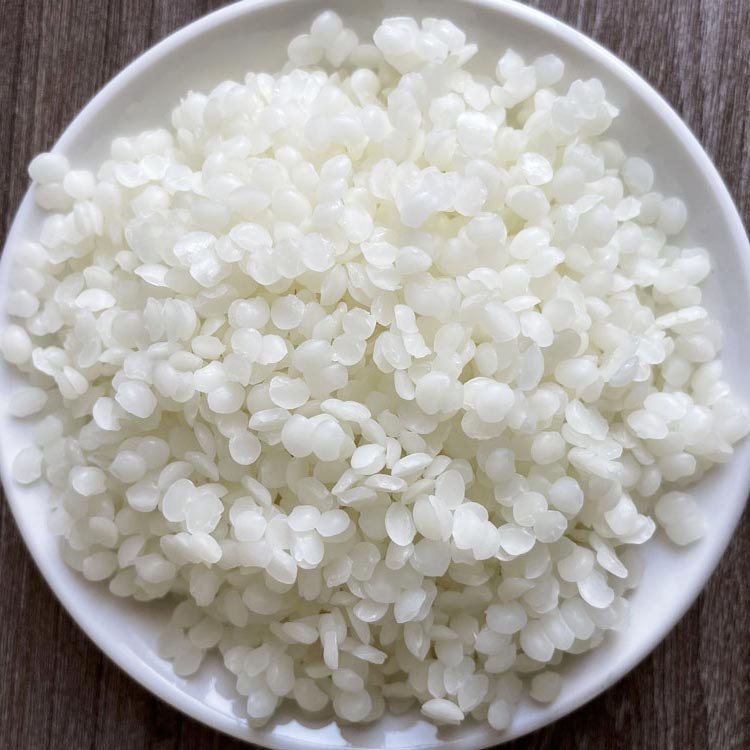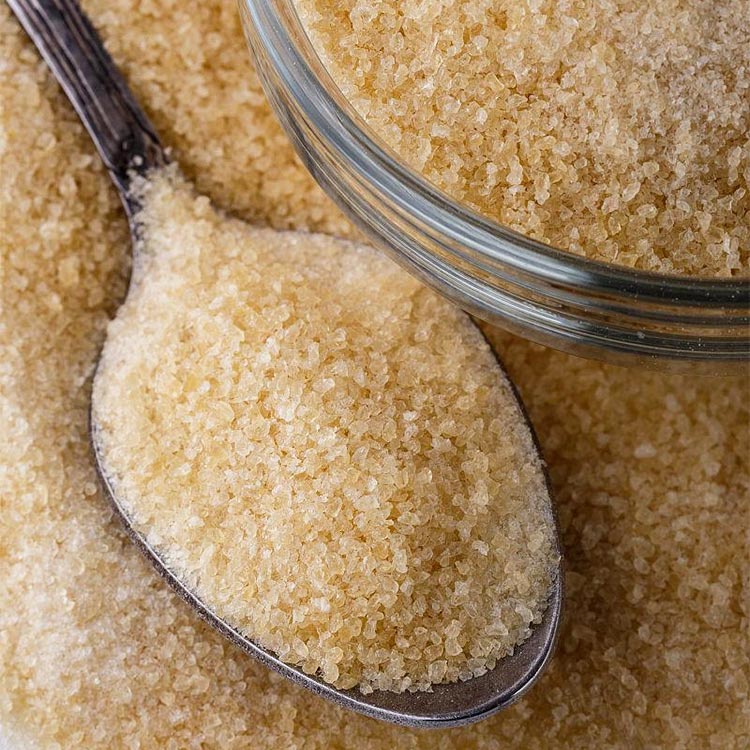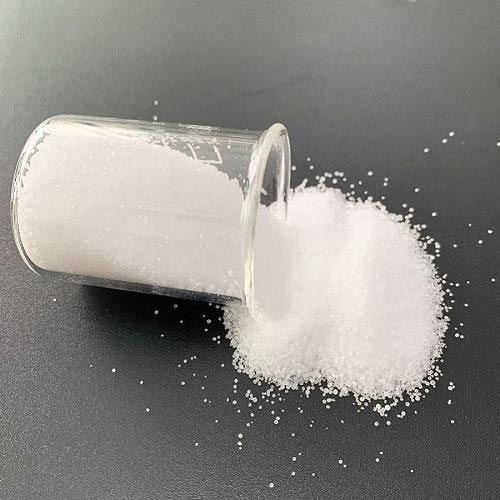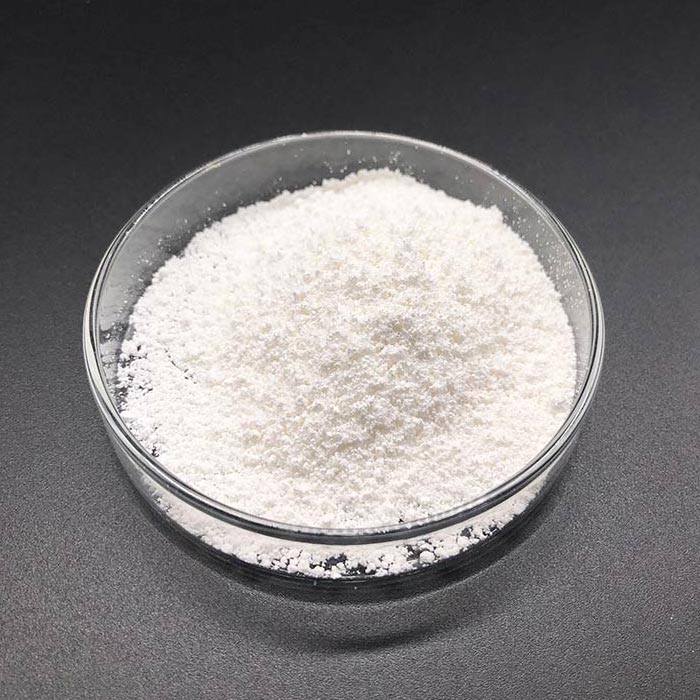PRODUCT
Product Center
Overview
Sodium alginate, also known as sodium alginates, is a natural polysaccharide extracted from the cell walls of brown algae such as kelp and giant kelp. It is essentially a linear natural polymer and a byproduct of extracting iodine and mannitol from kelp or sargassum. Its molecule is composed of β-D-mannuronic acid (β-D-mannuronic, M) and α-L-guluronic acid (α-L-guluronic, G) connected by (1→4) bonds. The aqueous solution of sodium alginate has a high viscosity and has been used as a thickener, stabilizer, emulsifier, etc. in food. Sodium alginate is a non-toxic food and was included in the United States Pharmacopoeia as early as 1938. In the United States, it is known as a "wonderful food additive"; in Japan, it is known as a "longevity food" [2]. Sodium alginate contains a large amount of -COO-, which can show polyanionic behavior in aqueous solution and has certain adhesion. It can be used as a drug carrier for treating mucosal tissues.
PRODUCT USES
Food Field
Sodium alginate is used as a stabilizer for ice cream instead of starch and gelatin. It can control the formation of ice crystals and improve the taste of ice cream. It can also stabilize mixed drinks such as sugar ice cream, ice fruit juice, and frozen milk. Adding sodium alginate to the production of noodles, vermicelli, and rice noodles can improve the adhesion of the product tissue, make it strong in tension, large in bending, and reduce the breakage rate, especially for flour with low gluten content. The effect is more obvious.
Printing and Textile Industry Field
Sodium alginate is used as active dye paste in the printing and dyeing industry, which is superior to grain starch and other pastes. It is now widely used in the printing of various fabrics such as cotton, wool, silk, and nylon, and is particularly suitable for the preparation of discharge printing paste.
Pharmaceutical Industry Field
PS-type gastrointestinal double contrast barium sulfate preparation made with alginate sulfate dispersant has the characteristics of low viscosity, fine particle size, good wall adhesion, and stable performance. In the pharmaceutical industry, alginic acid is a commonly used excipient: its viscosity makes it an adhesive for tablets; because it swells when exposed to water, it is used as a disintegrant to disperse tablets in the human body; or as a dispersant to disperse the active ingredients into a liquid to form a suspension; alginate is used as a drug sustained-release agent.
Alginate can also be used to make hemostatic agents in various dosage forms, including hemostatic sponges, hemostatic gauze, hemostatic films, scald gauze, spray hemostatic agents, etc.
Field of natural polymer hydrogels
Hydrogels are soft in texture and their physical properties are similar to those of biological tissues, so they have great application potential in biomedical fields such as wound healing. It has been widely used in the field of wound dressings.
Field of biodegradable sodium alginate cling film
Sodium alginate extracted from seaweed is directly used in the production of cling film, which is simple to operate, with low raw material and technical costs, and has good degradability and safety, and has a very broad application prospect.
MESSAGE
Related recommendations
Please leave us a message




